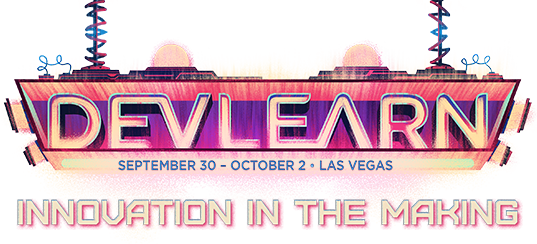413 Measuring eLearning to Create Cycles of Improvement
10:45 AM - 11:45 AM Thursday, October 1
Instructional Design
106/107
Most designers and developers strive for continuous improvement in the quality and effectiveness of eLearning programs. However, measuring the success and failure of eLearning is often an afterthought. Worse, the metrics used to measure effectiveness send false messages that lead a person to think the eLearning is more effective than it actually is. This is unfortunate because eLearning offers more measurement options than traditional classroom training.
In this session you will learn what learning science reveals about measuring the learning results inherent in eLearning. You will discover common mistakes to avoid and methods for improving your eLearning results. By utilizing these research-inspired methods, you will be able to create cycles of continuous improvement.
In this session, you will learn:
- What research-based findings mean for measurement design
- The three most common biases in measuring learning
- Unique opportunities for eLearning measurement
- What learning science reveals about measurement
Audience:
Novice and intermediate designers, developers, and managers.
Technology
discussed in this session:
N/A

Will Thalheimer
Founder
Work-Learning Research
Will Thalheimer, PhD, MBA, is a world-renowned speaker, writer, researcher, and consultant focused on research-based best practices for learning design, learning evaluation, and presentation design. Will wrote the award-winning book Performance-Focused Learner Surveys (second edition); created LTEM, the Learning-Transfer Evaluation Model, the Presentation Science Workshop, and co-created the eLearning Manifesto. Will has the honor of being a Learning Guild Master.













































